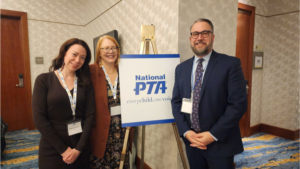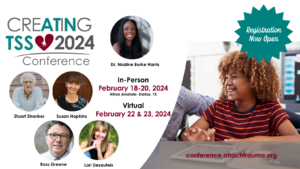 Blog manager’s note: Due to the sensitive nature of this post, ATN has decided, as an exception to our usual practice, to allow the contributing blogger to publish this post anonymously and without images. We trust that our readers will understand.
Blog manager’s note: Due to the sensitive nature of this post, ATN has decided, as an exception to our usual practice, to allow the contributing blogger to publish this post anonymously and without images. We trust that our readers will understand.
Most parents hear about a school shooting and cry because they realize their kids could have been the victims. I cry because my kid could be a shooter. Don’t worry: he’s not. We take precautions and pray it never happens, but I fear that possibility. This does not make me a bad parent. By the time this child came to me, he was already in elementary school and he was a very broken, very angry little boy. We have done a lot of therapy and tried all kinds of things, but he remains terribly hurt, badly broken. I don’t know what his future holds.
I have a friend who also adopted a broken child. Her child is an adult now and in prison, yet she still loves him, both as he is now and as the little boy he might have been. Sometimes social workers, prison guards, volunteers and too many others talk about how prisoners have no one to love them, how they probably have bad parents. Hearing this hurts my friend, who loves her child, visits him all she can. She, like me, like all the other moms who cringe when the phone rings, loves her kid. She is a good mom who tries hard.
I often see social media posts about “that kid” at school who picks on other kids, who is always in trouble, says shockingly rude things. “That kid” might dress funny, smell bad, talk to himself, brag about getting drunk, even come to school hungover. “That kid” starts fights, misses school. Rumor has it they’ve been called to truancy court again, that this time the judge has ordered therapy. On social media, other kids, their parents, even the teachers, always seem to assume “that kid” acts “that way” because he has bad parents.
I am a parent of one of “those kids” and I know a lot of the other parents of “those kids.” Somehow, we tend to find each other. Please know this: some of “those kids” were diagnosed with autism spectrum disorder. Others have bipolar disorder or early onset schizophrenia. Some were exposed to alcohol or drugs before they were born, others may have been abused early on. “Those kids” might have loving parents now, maybe always have, but the damage is done. Sometimes trauma makes hearts and brains break.
Media, both traditional news and outlets like Facebook, almost never tells the whole, true story. No one covers the parents begging for help, only to be turned away. Yes, sometimes there was bad parenting, but not always. I have cried with moms who put their children in psychiatric hospitals, only to have the hospital send the child home two weeks later with no change. I know parents who have been told by social services that if they do not pick up their dangerous child from the hospital, they will be charged with child neglect. Yet if they do pick up that dangerous child while other kids live in the home, they could be charged with child endangerment. It’s a no-win situation. One family was told they needed to separate and one parent live with the difficult child and the other parent live with the healthy child. Often insurance will not cover the residential treatment these kids need. It is shocking that in a modern country, it is so hard to get help for the mentally ill.
When you hear about “that kid” doing something wrong, even unspeakable, try not to assume. If you feel you just have to speak –or post– don’t attack. Advocate. “That kid” could well have parents who love her, who have bankrupted themselves financially and emotionally trying to help. There is always more to the story and these families need you to help them tell it. Parents of mentally ill kids need help, not criticism.


